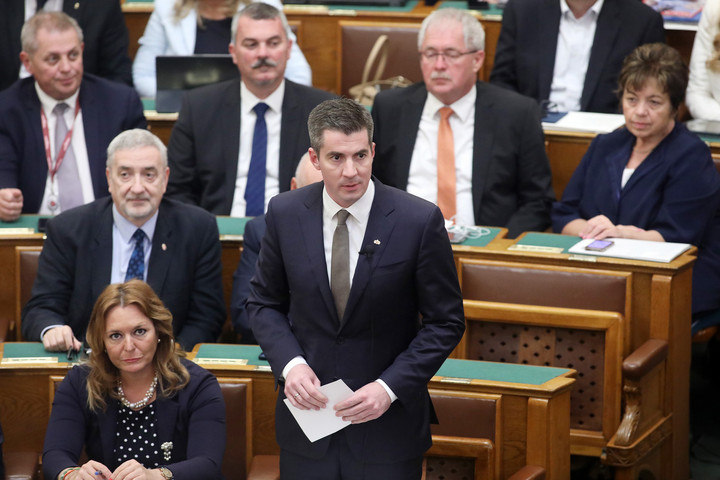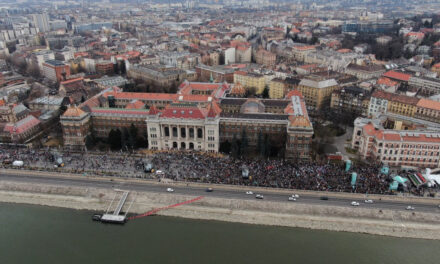There will be a lot of activity in the Parliament on Monday and Tuesday, the final vote on important laws is on the agenda. On Monday, the two-day extraordinary session will begin at 1 p.m. with speeches before the agenda, followed by interpellations and immediate questions, and then the representatives will conduct a discussion of the committee reports received for the bills that will be put to the final vote on Tuesday and the summary amendment proposals.
On Tuesday, they will decide on next year's budget, the amendment of certain economic regulation laws, the proposal on the general rules for compliance with accessibility requirements for products and services, the amendment of certain laws affecting the financial sector, and the protection of the members of the public interest pension cooperative and the cooperative of those who stay at home with small children.
Non-economic legislation is also adopted, for example
The eleventh amendment to the Basic Law of Hungary and the resulting changes in the related laws, the essence of which is that the general election of local government representatives and mayors must be held in April, May, June or July of the fifth year following their previous general election, at the same time as the election of members of the European Parliament, but at the same time the mandate of the currently in office representative body and the mayor lasts until October 1, 2024.
The House also decides on amendments to the Parliamentary Act and changes to the rules of the house, according to which, among other things, the procedure for faction support changes. Máté Kocsis, the Fidesz faction leader, said in June when submitting the proposal that, instead of the number of representative groups, he would tie the state subsidies to the parliamentary factions to the lists starting in the parliamentary elections, so the left-wing parties will be able to manage with HUF three billion less, and the governing parties two billion less.
In the previous cycle, a member of the governing party cost the state HUF 2.2 million, while a left-wing politician cost HUF 3.1 million. In the new term, this amount would increase to 2.6 million for a member of the ruling party, and 4.6 million for a left-wing member. therefore, as a representative, he would mean one and a half million forints more money to the left-wing factions, while eight hundred thousand fewer people voted for the joint list of the six left-wing parties (Democratic Coalition, MSZP, Jobbik, Momentum, Párbeszéd, LMP) than the six parties won in the 2018 parliamentary election - explained Máté Kocsis.
Source: Magyar Hírlap
Featured image: MH/Róbert Hegedűs












